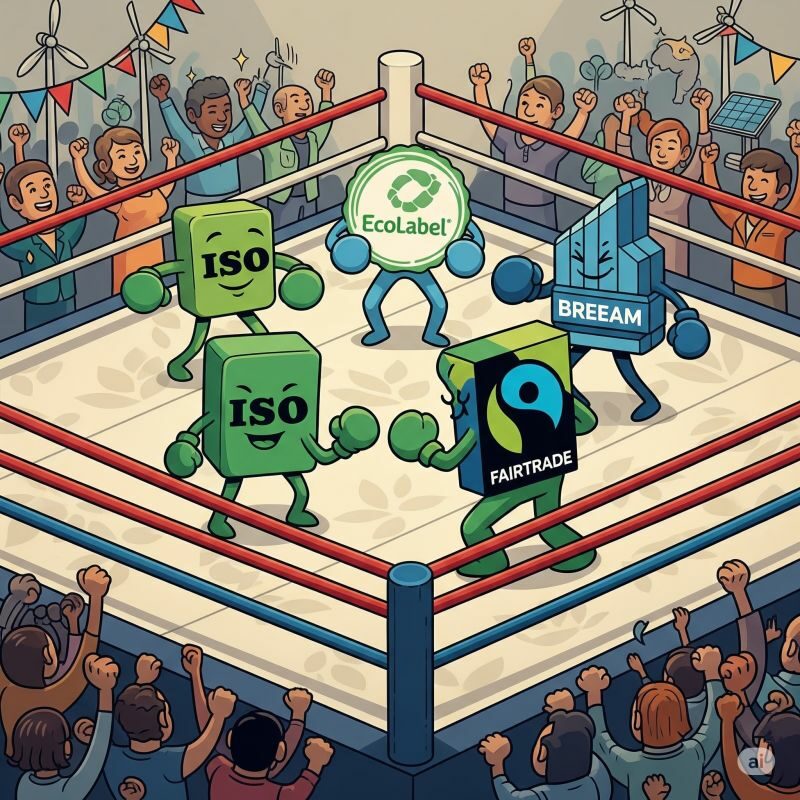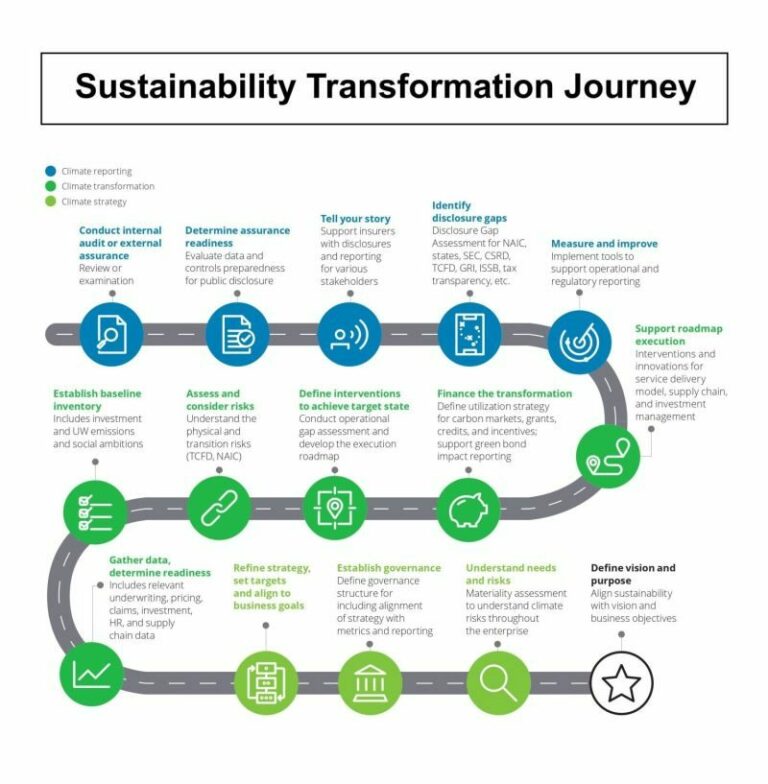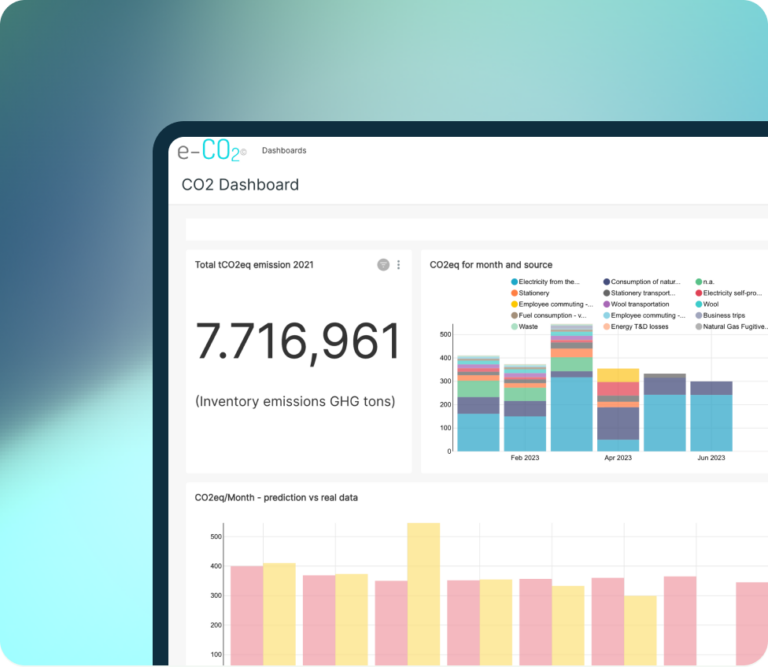ESG Certifications: How to Navigate the Sustainability Jungle

Condividi questo post
Navigating the Green Transition
Choosing the right ESG certifications for your company can feel like navigating a dense jungle. Labels, audits, standards, and acronyms are overwhelming. So where do you start?
Christian Sansoni, co‑founder of ecosostenibile.eu®, offers a clear, realistic answer: “ESG certifications are like education levels—you don’t jump straight to a PhD. You progress step by step.” This gradual and strategic approach is often the most effective way to create momentum and build operational maturity over time.
The Value of Each Certification
Each certification serves a specific purpose and varies in complexity. Some are entry‑level, others demand exhaustive strategic revision. Here are examples of widely known options:
Fairtrade: Ensuring sustainability in supply chains
BREEAM: Standards for green buildings
ISO 9001 / ISO 14001: Quality and environmental management systems
Ecolabel: Certification for low‑impact products and services
These can all serve as valuable milestones—as long as they align with your organizational capacity and strategic goals.
A Three‑Year Certification Roadmap
To build meaningful progress in sustainability, Sansoni recommends a phased plan:
Year 1 – Pursue ISO 9001 certification for quality management
Year 2 – Calculate your carbon footprint
Year 3 – Achieve ISO 14001 for environmental management
Subsequently, the goal is to align with SBTi (Science Based Targets Initiative) standards to systematically decarbonize operations.
This creates momentum and sets the stage for continuous improvement.
ACCREDIA’s Practical ESG Guide
To support companies, ACCREDIA offers a comprehensive guide divided into three sections:
- Mapping of ESRS (European Sustainability Reporting Standards)
- Professional standards and regulatory references
- Management system guidelines
A valuable tool to structure and enhance your sustainability roadmap.
Download the guide HERE
Note: Rating ≠ Certification
A common mistake is conflating ESG ratings with certifications. They are fundamentally different:
A rating is an external score assigned by agencies based on available data.
A certification is a voluntary, in-depth audit by an independent body that verifies compliance with defined standards.
Both ratings and certifications deliver strategic advantages, especially certifications, which offer:
- Easier access to credit
- Competitive advantage in tenders
- Tax incentives
- Enhanced reputation and brand credibility
- Greater appeal to stakeholders and investors
How ecosostenibile.eu® Can Help
ecosostenibile.eu®, a benefit company, guides businesses in selecting the most effective certification path based on sector, maturity, and goals. Our platform, eCO₂, is built on ISO standards and designed to produce verifiable ESG reports for any third-party auditor—simplifying reporting and enhancing KPI traceability.
Curious about the best certification for your company?
Contact us for a consultation:




